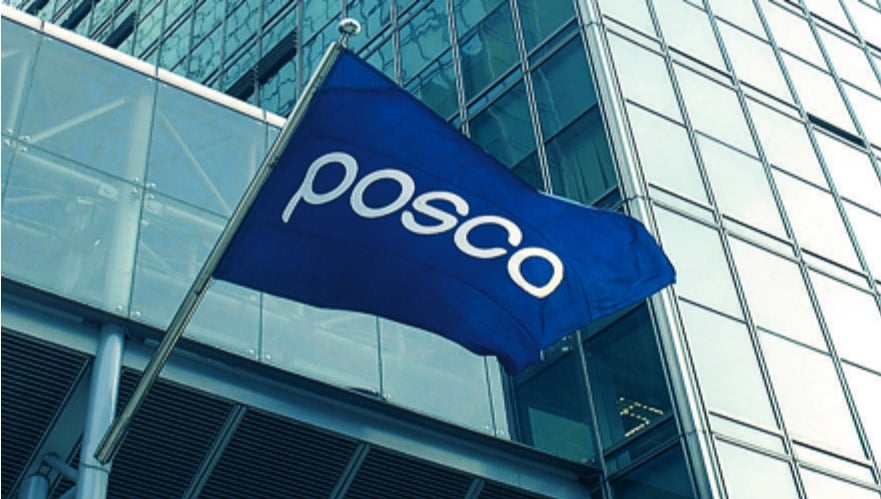
South Korea’s Posco Chemical Company this week announced plans to invest KRW281bn (US$240m) in China to expand its capacity to produce cathodes and precursors for electric vehicle (EV) batteries.
The company plans to build a new plant in Tongxiang in China’s Zhejiang province, next to two smaller facilities operated by two separate joint ventures between Posco and China’s largest cobalt producer Zhejiang Huayou Cobalt.

Discover B2B Marketing That Performs
Combine business intelligence and editorial excellence to reach engaged professionals across 36 leading media platforms.
The new plant will have a production capacity of 30,000 tons of cathodes and precursors per year, enough to supply up to 335,000 EVs fitted with 60kwh battery packs. Construction is scheduled to begin in the second half of 2021.
The two existing plants have a combined capacity of 5,000 tons of cathodes and precursors per year.
Zhejiang Huayou Cobalt also owns a number of cobalt and nickel mines and is said to supplyaround 50% of global demand for cobalt, a key material used in the production of lithium-ion batteries.
Posco Chemical, part of South Korea’s largest steel-making group, has been expanding aggressively into the EV battery components/materials sector in recent years to tap into the rapid growth in EV sales across the world.
In July it announced plans to invest KRW600bn to build a new cathode materials plant in South Korea’s port city of Pohang with an annual capacity of 60,000 tons. The company currently operates cathode materials plants in the South Korean cities of Gumi and in Gwangyang.






